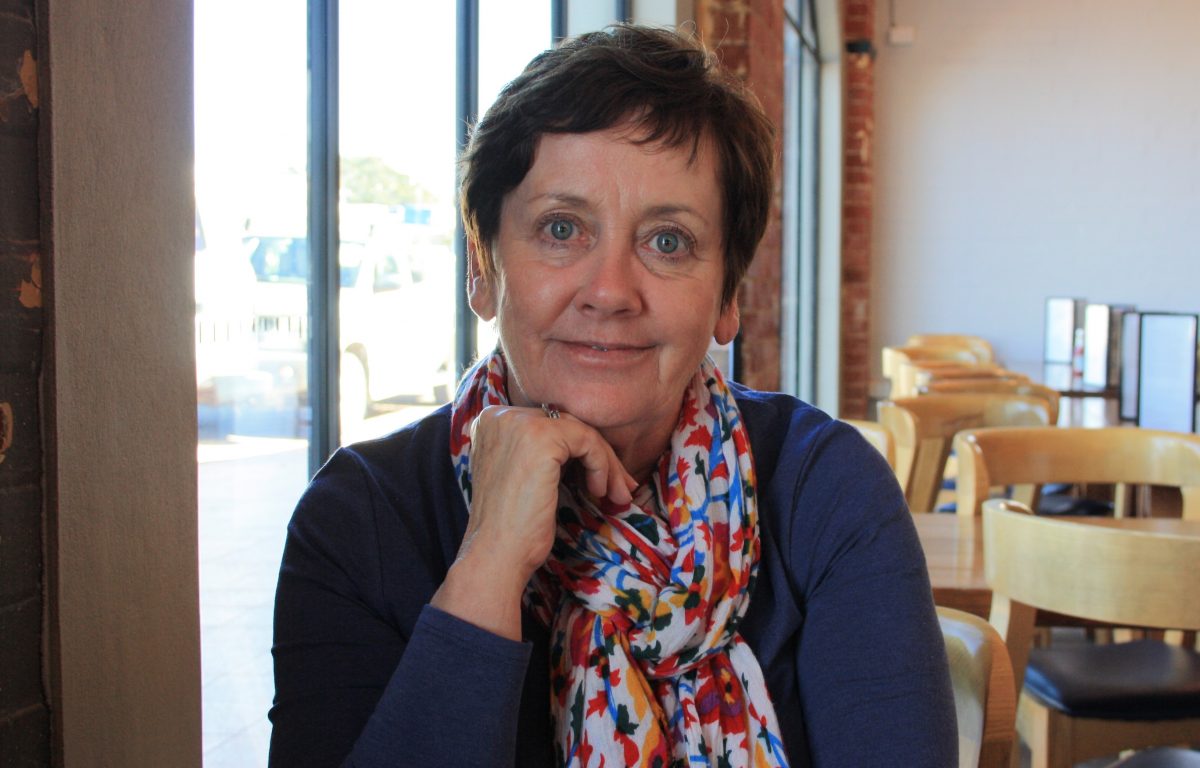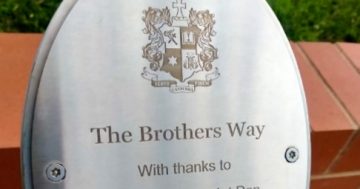
Former senator Ursula Stephens heads Australian Catholic safeguarding. Photo: File.
The body charged with safeguarding children and vulnerable adults in Catholic Church institutions says there should be no ongoing commemoration of clergy who have abused children.
Region reported on Sunday that Marist College continued to honour a deceased brother against whom serious sexual abuse allegations were sustained. A plaque at the school honouring Brother Jerome Hickman was quietly removed last week, despite claims that the religious order was aware of abuse claims as early as 1998.
The Marist order formally apologised and made substantial ex-gratia payments to abuse victims who detailed prolonged sexual abuse by Brother Hickman. A claim was finalised as recently as last October.
In a statement, current Marist principal Matthew Hutchison said: “The College has removed a plaque bearing the name of a deceased person against whom allegations had been made. We understand the offence caused to valued members of our Marist community and we apologise unreservedly to them for that.
“As a College we continue to respond to past abuse and suffering with a commitment to healing, openness and accountability. To those whose trust was betrayed, and to their families and loved ones, we reiterate our enduring apology for the trauma caused by the actions of any perpetrator.”
The chief executive of Australian Catholic Safeguarding Ltd (ACSL), Goulburn-based former senator Ursula Stephens, says the organisation strongly advises Catholic institutions to remove any material recognising an abuse perpetrator.
“It is very difficult to wipe people out of history, particularly if the plaque is historic or recognises an event, but our strong advice to institutions is not to name buildings or erect plaques to living people” she told Region.
“I think that before the Royal Commission, many people didn’t have a clear understanding of the ongoing traumatic impact on victims and survivors this material can create.”
Ms Stephens said that ACSL makes it clear that under safeguarding standards, all Catholic institutions should provide trauma-informed, victim-centred care to anyone bringing forward a complaint of abuse. Multiple Catholic institutions have taken steps to remove commemorative materials as part of their duty of care to victims, she said.
Any Catholic institution in Australia is obliged to meet ACSL’s safeguarding standards and Ms Stephens said the Royal Commission and the church’s own Truth Justice and Healing Council, headed by Francis Sullivan, had provided “a very clear line of sight” on work that needed to be done.
ACSL conducts a continuous three-year audit process with all Catholic institutions dealing with children or vulnerable adults, including those living with disabilities or the elderly. Ms Stephens said that institutions are placed on a continuous improvement and rectification plan if they don’t meet safeguarding requirements.
“With regard to plaques our other commemorative items, we would ask them, ‘how are you being trauma-informed? How are you showing survivors and their advocates that this won’t happen again? How are you dealing with the fact that a known offender has been honoured in this way?’
“We send written advice encouraging a trauma-informed approach and advising institutions to be particularly mindful of legacy issues that may impact how they are being remembered.”
Regulatory requirements around education, health and aged care are a high priority, but Ms Stephens said the highest area of potential risk was often in unregulated activities at the parish level.
“We’re working constantly with religious organisations to ensure best practice is happening,” she said.
“Audits are published on our website and while we certainly give institutions a period of time to rectify issues, we would publish an adverse finding.”
Ms Stephens said she believed the Marist order had done a significant body of work nationally around safeguarding after a string of criminal charges and highly critical findings from the Royal Commission.
“Nobody wants to be in that position of rebuilding trust and confidence”, she said.
“It’s an issue that needs leadership from the top. We advise that safeguarding should be a standing item on the agenda for board meetings, pastoral councils and the like. Safeguarding should be embedded in the culture of an organisation and that often requires professional development and supervision to be effective.”
Ms Stephens noted that there have been multiple developments in recent years, including redress schemes, the changes to removing statutes of limitations on abuse claims and the widespread growth of civil actions.















